All around the town of Athens, Georgia, people sit with cold beers clutched in their hands. From football fans flipping burgers and laughing at a tailgate, to close friends unwinding at a brewery over a casual game of cornhole, love of a beverage can be a uniting factor among very different individuals in this college town.
But what do we know about the impact that this one drink has on the environment?
As the fifth-most consumed beverage in the U.S., beer has become an important part of today’s culture; however, with the future of our climate continually at stake, breweries are faced with the question of how beer can be made as good as possible, with as little impact as possible.
In Athens, two breweries are putting this factor at the forefront of their brand: Creature Comforts Brewing Company and Terrapin Brewing Company.
Why It’s Newsworthy: Beer is a widely loved beverage across the country and in Athens. With several local breweries in the area, it is important to know that what these businesses are doing to combat the environmental impacts that come from brewing beer.Environmental Impacts of Brewing
Brewing is not an inherently sustainable practice. Taking a handful of grain and turning it into a bitter, carbonated beverage we can drink both takes and expends resources.
It can take in between 4-6 liters of water to produce 1 liter of beer, and at the end what’s left is excess, undrinkable water, carbon dioxide and spent grain.
Roughly 1.89 billion hectolitres of beer were produced in 2022, creating even more waste product along with it. The biggest tasks for breweries now is to put forward efforts to change this, reducing their energy consumption and reusing their waste.
Number of barrels of craft beer produced per state in 2022
Mitigating Environmental Impacts
In October 2021, Creature Comforts instated a full-time sustainability manager, and this role was filled by Jacob Yarbrough, an Athens local and University of Georgia alumni.
Creature Comforts is an Athens-based brewery founded in 2014. They are known for beers such as Tropicália and Classic City Lager, and in August of 2023, they announced a partnership with the University of Georgia Athletics Department, making them the official beer of UGA Athletics.
As their sustainability manager, Yarbrough’s biggest tasks are finding ways the company can reduce its carbon footprint by curbing pollution and managing wastewater.
“We all think about our own sort of impact on the planet, right? Like what your own personal carbon footprint is. And I get to work on, you know, a company with a footprint that’s like the size of 100 to 120 people and find ways to reduce that down,” Yarbrough said.
One way Creature Comforts is aiming to do this is by bringing their carbon emissions down to 5%, lower than they were in 2020, by 2024.
Yarbrough is making this a reality by ensuring that all machinery is running efficiently and sourcing renewable energy. In 2021, a 165 kilowatt solar array was installed on the roof of their Southern Mills production facility, allowing them to draw from renewable energy and cut down on their electricity usage.
Creature Comforts was not the first to do this though.
In 2019, Terrapin became the first brewery in the state of Georgia to purchase solar energy directly at their facility. This offsets 30% of their energy usage, which is equivalent to saving 362 acres of U.S. forest land a year.
This project is a part of their larger initiative, Terraprint, which also launched in 2019.
Terrapin
Terrapin was founded in 2002 and made waves that year, winning a gold medal at the Great American Beer Festival with their first beer, Rye Pale Ale. They are known for innovative beer flavors, many of which can also be found on tap outside of the stadium of the Atlanta Braves.
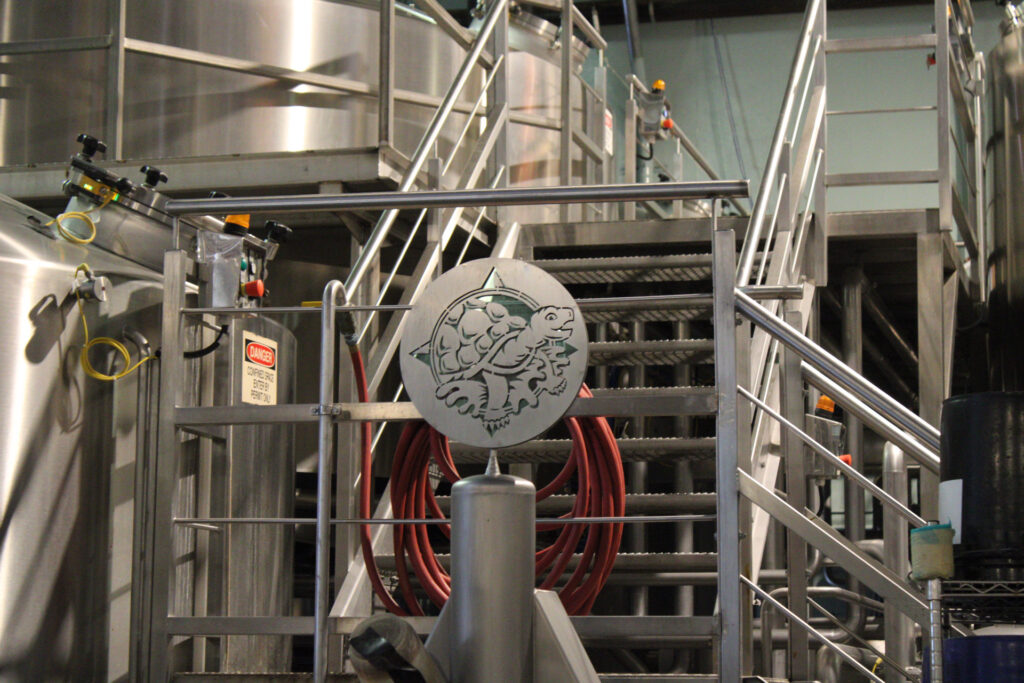
The Terraprint initiative was born out of the company’s desire to share the efforts they had been making to help the environment, such as composting, recycling and treating their water, with their consumers.
According to Jack Albanese, vice president of operations for Terrapin, sustainability and innovation has always been at the forefront of the company’s mind, but it wasn’t highly publicized knowledge until they launched Terraprint.
“I think people are trying to, you know, as a consumer trying to figure out how they can mitigate their impact, and trying to work with companies and be consumers of companies that have their same kind of ethos,” Albanese said.
One key piece of this initiative is the steps that Terrapin takes to treat wastewater.
Wastewater Management
In 2018, Terrapin became the first craft brewery in Georgia to install and put to use a wastewater pretreatment facility that is adjacent to their brewhouse.
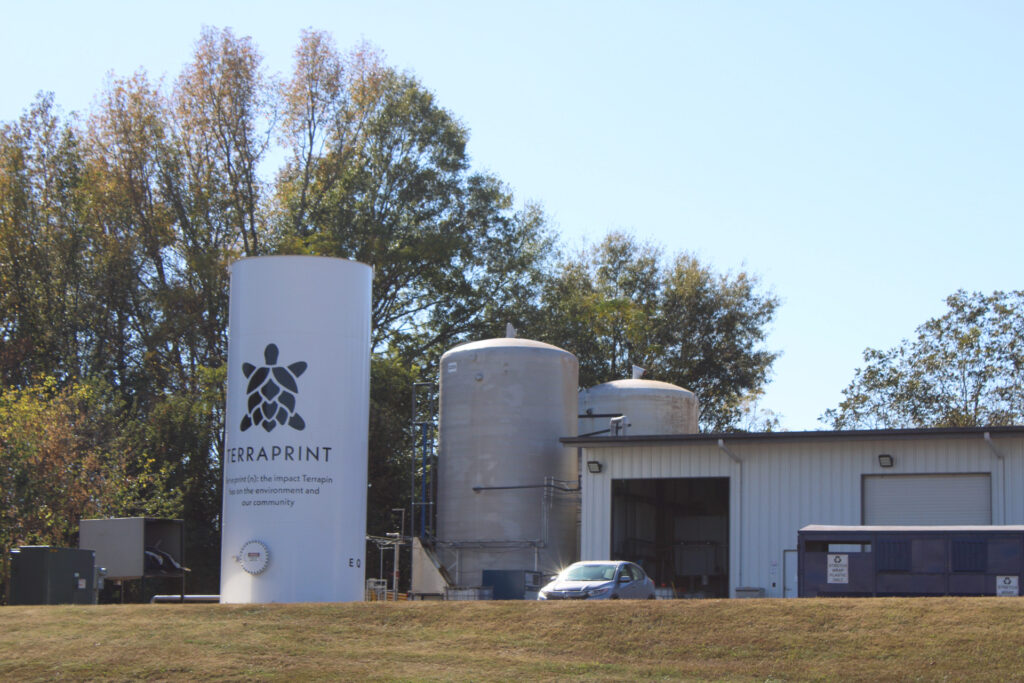
When excess water is created during the brewing process, it contains materials that microbes are unable to eat and digest, which could cause things like algal blooms, resulting in fish kills if it was released into a river or lake. This is why breweries cannot just send their untreated water to a municipality.
By using a pretreatment facility on site, Terrapin is able to separate their solids from the liquid using a process that involves bacteria. This creates two byproducts: a clean, treated liquid that can be sent to the Athens-Clarke County Water Treatment Plant, and a dry compost which they use in their beer garden.
To their knowledge, no craft brewery in Georgia has employed this practice since.
At Creature Comforts, their wastewater undergoes a pH correction and solid separation process before getting sent to a facility in Gwinnett County where it is digested in terms of biogas.
Solid Waste
Another problem that these breweries have found ways to improve upon is their solid waste accumulation, which accounts for things like residual brewing waste and packaging.
Creature Comforts Southern Mills production facility is zero waste certified, and they have a diversion rate of 99.8%, meaning that 99.8% of their waste gets diverted away from a landfill.
Most of this solid waste across breweries comes from spent grain, which accounted for 5 million pounds of the waste that Creature Comforts generated last year, according to Yarorough. An optimal solution to this is sending the grain to local farms and letting it be used for livestock feed, which is what happens at both Creature Comforts and Terrapin, creating a mutually beneficial relationship between the breweries and the community.
Using products and packaging materials that are recyclable is another key piece of waste reduction.
In 2013, Terrapin became the first craft brewery in Georgia to utilize cans to package their beer, as opposed to bottles, crowning the ever popular RecreationAle the first craft canned beer in the state.
This proved to be key in the company’s ploy to become more sustainable because glass bottles are becoming harder to recycle than aluminum cans. In recent years, there has been a wider push among many breweries to also make this switch.
“Recycling is becoming something that is just becoming a much bigger part of what we do right as humans, and we really did start that process of man, like aluminum is infinitely recyclable,” Albanese said.
In Athens, beer has become a popular facet at many social events, and it’s even promoted within the tourist industry. As of 2022, an average of 558,362 barrels of craft beer were produced per year in Georgia, and this trend is predicted to increase in the coming years with the newfound pull toward craft breweries.
The Athens Beer Trail was launched in October of 2021 by the Athens Convention and Visitors Bureau, and since its inception, the six breweries in Athens have distributed over 20,000 Beer Trail Guides and over 1,600 people have turned in a completed guide.
The goal is to visit and have a drink at each brewery, receiving a stamp in your guide which can be returned at once completed to receive a commemorative Athens Beer Trail glass.
According to Hannah Smith, the director of marketing and communications for the Athens Convention and Visitors Bureau, the beer trail expands the reach of the beer scene to draw more overnight visitors, thus creating a significant impact on the local economy.
However, with unsustainable production practices, it could become harder to create beer to the same degree of quality that it is now.
In 2021, New Belgium Brewing Company made waves when they released the Fat Tire Torched Earth Ale, a beer intentionally made to taste poorly to make a statement about the future of the climate.
New Belgium works to emphasize the impacts of brewing on the environment and encourages drinking sustainably.
Looking to the Future
Sustainability is an ongoing puzzle, leaving people always asking the question of how to be more environmentally conscious. At Terrapin, one goal they are working toward is becoming a completely landfill-free facility. According to Albanese, this is something they want to do within the next five years.
At Creature Comforts, one of the biggest goals for the future is reaching 100% renewable energy at their Southern Mills production facility. According to Yarbrough, they are hoping to achieve this by 2024.
“Well, we only have one planet to live on. There is no planet B,” said Yarbrough with a smile.
Abigail Austin is a student majoring in journalism at the Grady College of Journalism and Mass Communication.



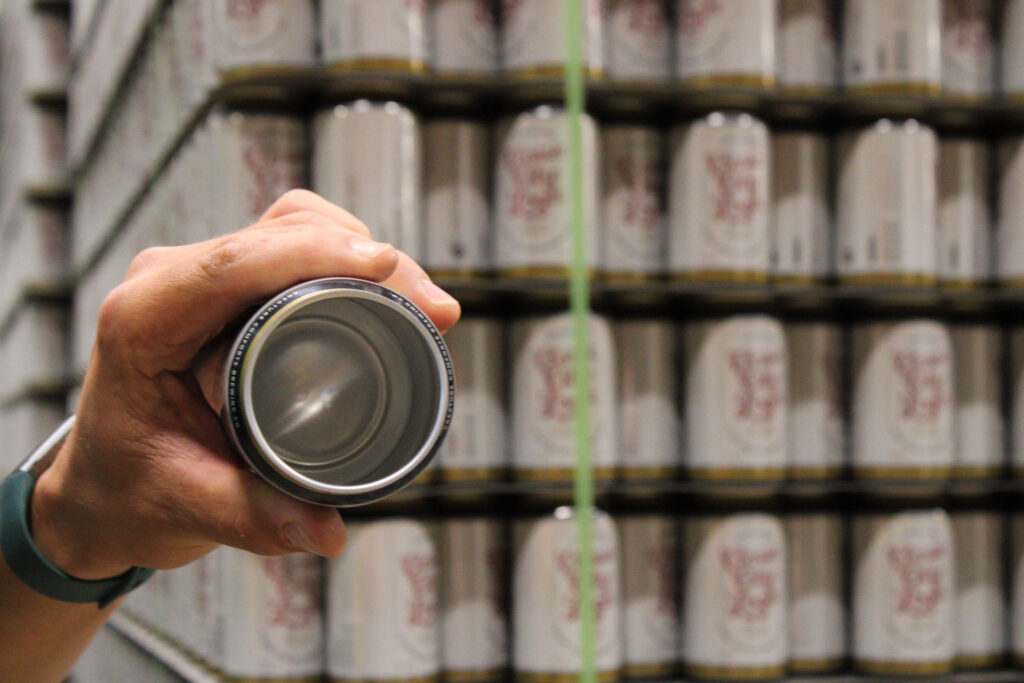
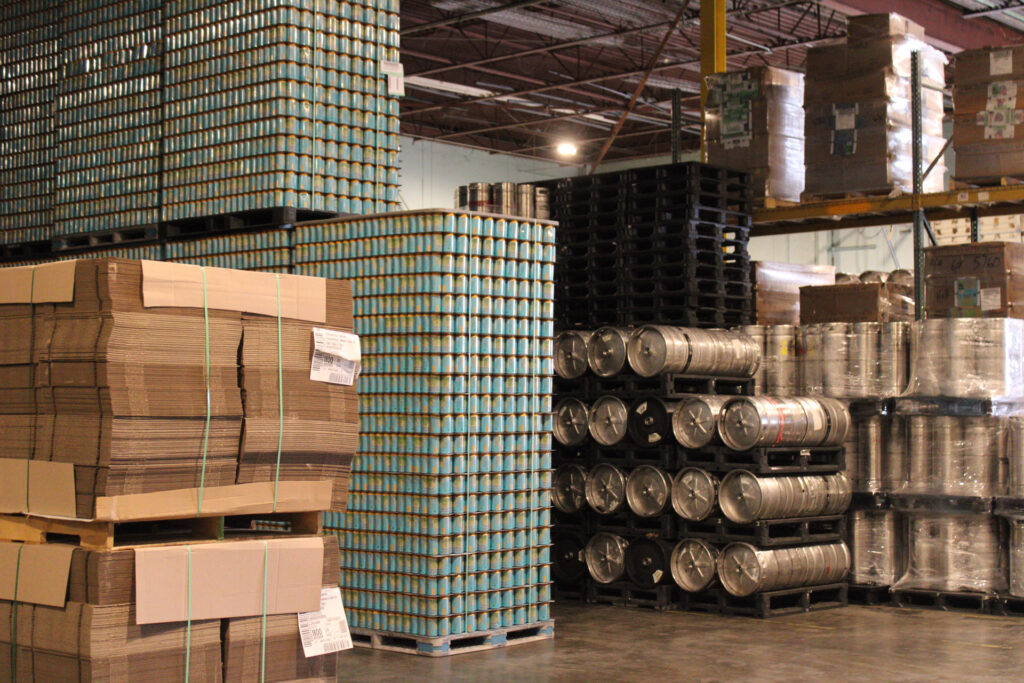
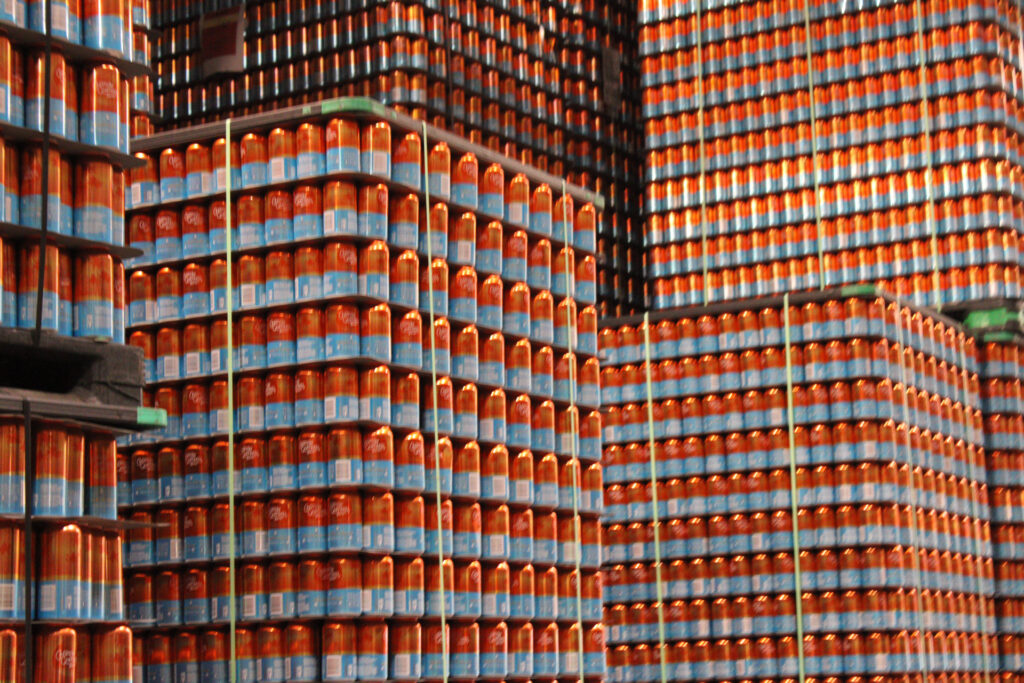
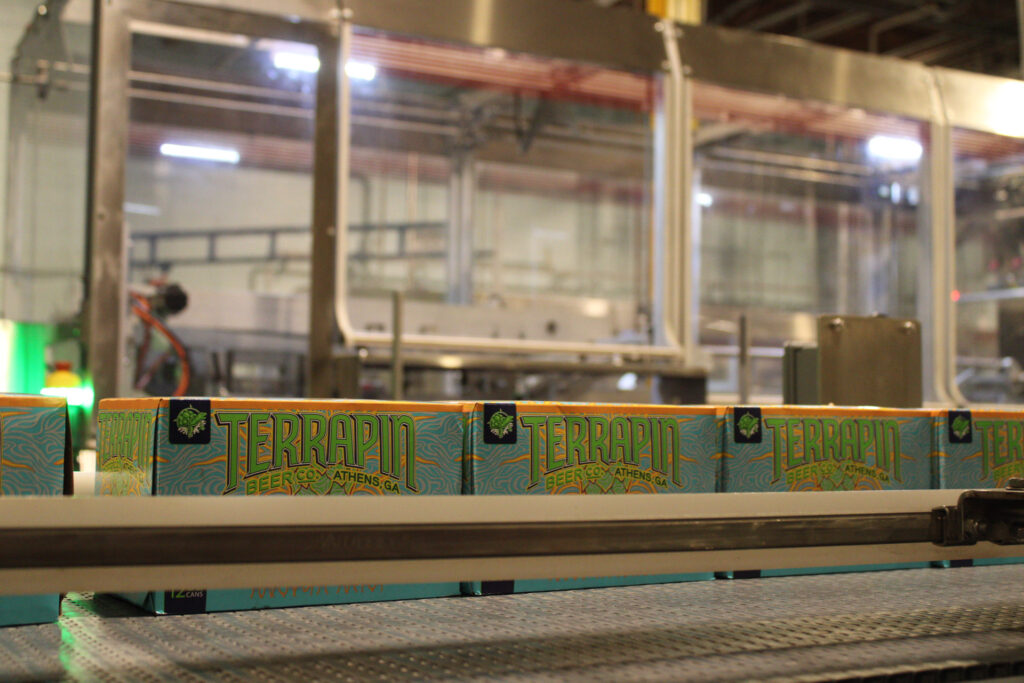


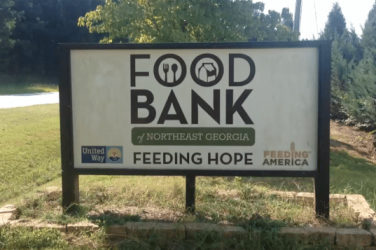


Show Comments (0)